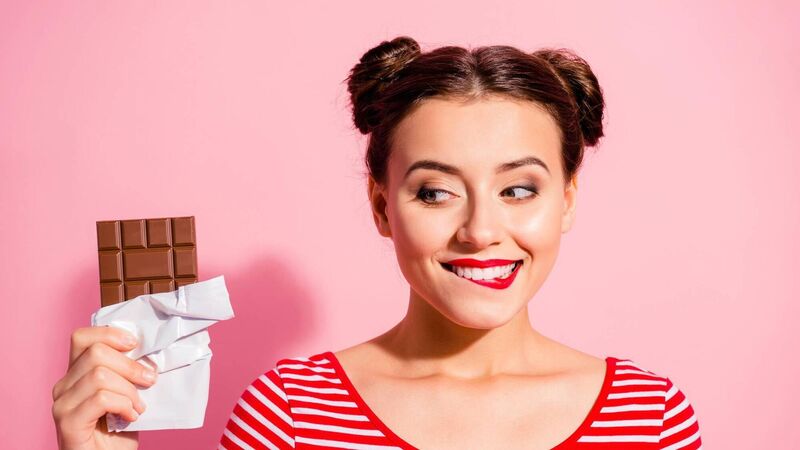Natural health: How can I stop my post-Christmas sugar cravings?

For some people, simply ditching the obvious sugary snacks and eating more fats is all that it takes to regulate insulin and cravings.
Try from €1.50 / week
SUBSCRIBE
For some people, simply ditching the obvious sugary snacks and eating more fats is all that it takes to regulate insulin and cravings.
Q1. I got into the habit of eating biscuits and chocolate over Christmas. Is there a natural remedy to help curb my sugar cravings?
Already a subscriber? Sign in
You have reached your article limit.
Annual €130 €80
Best value
Monthly €12€6 / month
Introductory offers for new customers. Annual billed once for first year. Renews at €130. Monthly initial discount (first 3 months) billed monthly, then €12 a month. Ts&Cs apply.
CONNECT WITH US TODAY
Be the first to know the latest news and updates
Newsletter
The best food, health, entertainment and lifestyle content from the Irish Examiner, direct to your inbox.
Newsletter
The best food, health, entertainment and lifestyle content from the Irish Examiner, direct to your inbox.

Our team of experts are on hand to offer advice and answer your questions here
© Examiner Echo Group Limited